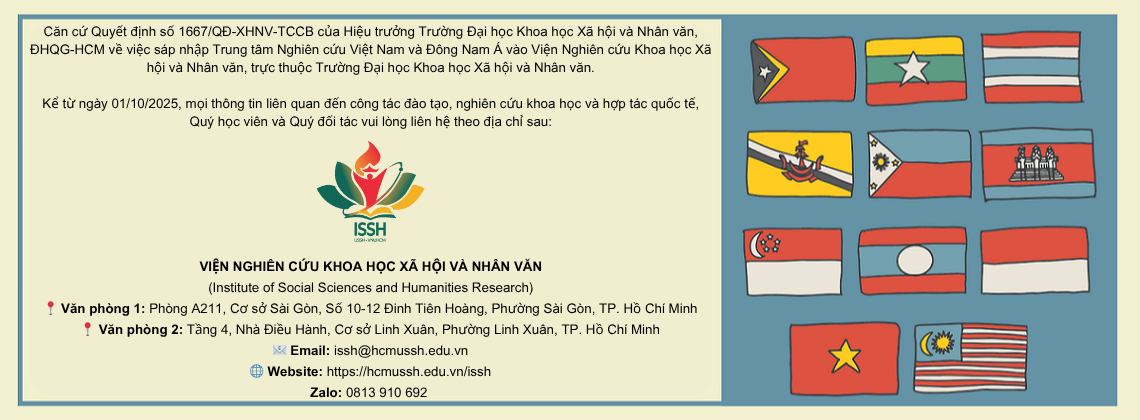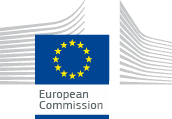REGIONAL CONFERENCE ON COOPERATION IN HIGHER EDUCATION IN MYANMAR
, 06/12/2017 08:12Dr. Tran Dinh Lam attended a regional conference on cooperation in higher education in Yangon, Myanmar on 29-30 November, 2017.
The conference witnessed the presence of distinguished guests, including Ms. Milvia Van Rij-Brizzi – Head of Erasmus+ at EACEA, Mr. Kristian Schmidt – Ambassador of the European Union (EU) to Myanmar, Prof. Myo Thein Gyi – Myanmar’s Minister of Education, Ms. Anila Troshani – Head of the Capacity Building in the field of Higher Education (CBHE) at EACEA and delegates from different universities in Europe such as Austria, Belgium, Finland, Italy and France alongside those in Southeast Asia such as Myanmar, Laos, Thailand and Vietnam.
“The greatest presents we can give to our children are our love and a good education. Education helps children become less reliant on others, more responsible, and interested in exploring their surrounding world with an open mind”, said Ambassador Kristian Schidmit in his opening remarks at the conference. He added that education is absolutely essential, and no one should be discriminated in education. If Myanmar wants to achieve positive results in its democratic transition, the country’s government has to assign a top priority to education and training.
“A democratic society is where education is of great importance and everyone, regardless of their race or religion, can get a high-quality education and contribute to a better education”, emphasized Ambassador Schmidt. After decades of “closing” to other countries, the democratic transition in Myanmar requires the improvement of education at all levels, including building a strong primary education, putting more emphasis on advanced vocational training and orienting university graduates towards studying abroad in order to become global citizens.
According to Prof.Dr. Myo Thein Gyi, the strategic plan for national education initiated by the Myanmar’s government is coming to fruition. The government will focus on training and increasing the quality of university graduates to remain competitive with other countries in the region and worldwide. In addition, there will be reforms of universities and educational institutions to ensure they will provide students with professional knowledge, help to improve their skills and expertise, and promote cultural research in order to support the socio-economic development.
Also, Mr. Myo Thein Gyi spread the message from the Ministry of Education, which encourages universities to develop research cooperation and academic exchange programs with international organizations to increase internationalism at the higher education level. He expressed his deep gratitude to the Erasmus+ Fund in particular, and to the EU in general.
Ms. Milvia Van Rij-Brizzi, Head of Erasmus+ at EACEA, hopes that EU scholarship and development programs will have positive impacts on Myanmar and other beneficiary countries. Representatives of these countries expressed their appreciation of the programs and projects initiated and funded by the EU. According to Ms. Milvia Van Rij-Brizzi, such programs mean a lot to developing countries since they can learn from European nations and apply modern approaches and techniques to their own countries.
Speaking at the conference, Ms. Anila Troshani raised a question: What do universities need to do in order to boost their chance of sustainable development? In her opinion, if the Southeast Asian countries want to improve their national education, they should learn from the EU countries’ education model and promote Master’s partnership programs between the EU and Southeast Asian countries based on credit transfer, which will flexibly support students when they transfer their study overseas. Those countries also need to pay more attention to technical issues and advanced approaches which can be applied to their educational systems. She hopes that the EU countries will share cooperation experience with their Southeast Asian partners.
Education is one of the key fields in the cooperative relationship between the EU and Myanmar. With a budget of up to €241 million for the 2014-2020 period, the EU is hoping to help Myanmar’s education restructure its system, enhance curricula, upgrade teaching equipment and facilities, and provide training for teachers, lecturers as well as those working in the education sector. Myanmar also gets benefits from former and current participants of EU international programs, especially from those of the Erasmus+ program. This is a program aimed at enhancing capacity at the higher education level with the purpose of improving skills, knowledge and professional expertise for those working in educational organizations, as well as having cooperation with different countries’ governments to better their school curricula and national education policies.
The EU is expanding its cooperation with Asia in research and educational fields. With investment funds by the Erasmus program, the EU wants them to act as a catalyst for the growth of Asian and Southeast Asian countries, which will promote reform and flexibility in their research and education systems so as to meet the continuously changing requirements of the labor market.
Laos, Myanmar, Thailand and Vietnam have been receiving considerable aids from the EU for the development and enhancement of capacity in the training and educational sector. This conference can be regarded as a chance for “veteran” partners to look back on their challenges and achievements, and share their experience with new partners so they can get cooperation opportunities to establish academic exchange networks with other countries in the region and those in Europe.
Unlike Vietnam, where there are a large number of students interested in studying in Europe, Myanmar has only around 170 alumni graduating from the Erasmus program. Such a figure is too small given the great prospect opening to Myanmar. The EU believes that the participation of 35 universities from 14 states of Myanmar in the conference shows a promising sign of a quality education in the future. It’s time for Myanmar to take advantage of scholarships and academic exchanges and apply for international programs launched by the EU in order to increase its competitive edge over other regional countries such as Vietnam, Thailand, Laos, etc.
The conference also marked the 30th anniversary of cross-border education cooperation between the EU and other countries worldwide, laying a sound foundation for young generations to approach their future in the best way. The Erasmus scholarship program has awarded over 9 million alumni, students and teachers so far. Additionally, with a budget of up to €14.7 billion, the Erasmus program has contributed to increasing the internationalization of higher education at various universities and higher education institutions all over the world.
Some photos taken at the conference:

Dr. Tran Dinh Lam and representatives of universities and research institutes in Laos.
.jpg)
Dr. Tran Dinh Lam is having discussions other Laotian participants about the REACT Project collaborated between Vietnam, Laos, Cambodia and the EU under the coordination of the University of Alicante (Spain).

The conference attendees take a picture together.














